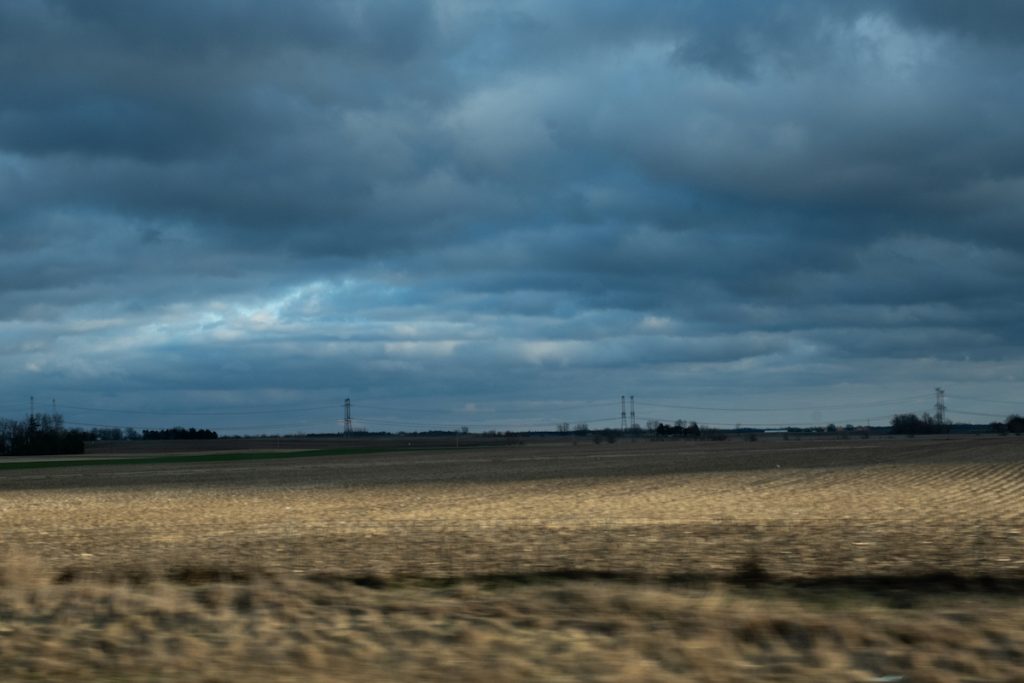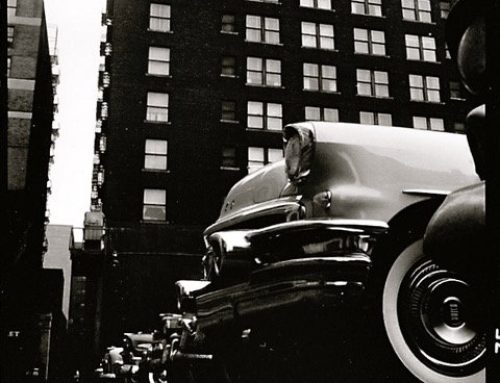Documenting one family’s experience
By Aryana Noroozi
In 2020, a pandemic consumed the world. I wondered about its impact on another health crisis that our nation was already facing: addiction. My relationship to the topic remains committed and complex as an issue I am personally familiar with. Living in Chicago in 2021, I looked to document a Midwestern family’s experience with such with my Pulitzer Center Post-Graduate Crisis Reporting grant. Through the internet, I found Jenny Justice, thirty-eight, of Pekin, Illinois. In November 2020, her daughter, Annabelle Rodgers, eighteen, died of an overdose. I reached out to her via Facebook and within hours she responded. She was eager to share her story, “If it could help just one person, I would die a happy girl,” Justice told me.
In December 2021, the CDC reported more than one hundred thousand overdose deaths between April 2020 and April 2021. Fentanyl caused sixty-four percent of these deaths, a forty-nine percent increase from the prior year. 2020 was the largest single year of overdoses ever recorded, up thirty percent from 2019. Rodgers’s death was one of more than 3,573 in Illinois alone, with the highest number of deaths from opioids, methamphetamines and fentanyl, all of which were found in Rodgers’s system that night in November 2020. Justice was left to raise Rodgers’s three-year old son, Aaron (a pseudonym to protect his identity).
More: One Woman’s Quest to Defy the Odds of Addiction
Justice first encountered addiction at age eleven, as her mother was terminally ill with cancer. Every night at the hospital, she watched her stepfather drink at her dying mother’s bedside. After her mother’s death, Justice moved into her father’s home, where she lived not only with his alcoholism, but with her stepmother’s meth addiction. Justice, who raised her four daughters as a single mother, promised drugs would never enter her home. “I thought I was doing everything right,” she says. “‘I don’t have drugs in the home. I’m good.’ Naive. Hopeful, I guess. But it entered my home anyway.”
Through my documentation of and collaboration with Justice on this project, I was compelled by the story of her commitment to defying the odds of addiction, a reality she has been surrounded by for a majority of her life.

Cheyenne Rodgers, eighteen, sits with her nephew, Aaron. Cheyenne and Annabelle shared a father. Annabelle’s death has been especially hard on her. Photo © Aryana Noroozi 2021.

Jenny Justice, thirty-eight with her daughters Kendlee, (sixteen), Addalyn (thirteen), and Cheyenne (eighteen), and grandson Aaron. “The grieving is hard with everyone being home and COVID has definitely put a damper on it,” Justice says. Photo © Aryana Noroozi 2021.

Aaron watches television where a picture of Rodgers hangs in memory. Aaron was a year old when his eighteen-year-old mother, Annabelle, passed away from an overdose in November 2020. Photo © Aryana Noroozi 2021.

Jenny Justice used to work as the head dining director of a contract work center in a correctional facility in Peoria, Illinois. Though she was laid off due to COVID, she is working on her Bachelor’s degree and hopes to go into prison exit counseling. She says Rodgers’s passing helped her better understand incarcerated people. Photo © Aryana Noroozi 2021.

Justice holds the sweatshirt Rodgers was wearing the night of her death. She keeps it in the overnight bag Rodgers packed for that night. The police returned the items to her. Photo © Aryana Noroozi 2022.

Jenny Justice keeps memorabilia of her own mother in a china cabinet. Justice’s mother passed away from cancer when she was a child. She first witnessed addiction as her mother battled terminal illness, “I witnessed my stepdad taking a brown bag out of the closet in the hospital. He locked the door and he was drinking a Forty in the room with my mom.” Photo © Aryana Noroozi 2022.

Justice sits with Addalyn, Kendlee, and her ex-husband, Toby Ward. Ward was the first person to receive the news of Rodger’s death when the coroner came to his home. Justice and Ward recently reconnected and live together again in the home they bought in 2017. Photo © Aryana Noroozi 2022.

The diapers and baby wipes that Justice bought for Aaron sit on the windowsill. Justice and Toby recounted how when Rodgers was pregnant, she worked and bought everything she needed for Aaron, stacking piles of diapers against the wall. Photo © Aryana Noroozi 2022.

Kendlee Lyles holds her nephew, Aaron. She says addiction is rampant in the community, especially in her high school. Photo © Aryana Noroozi 2021.

Jenny Justice says growing up, she considered her community a pretty decent place, but now she just wants to run from it. She thinks addiction here can be attributed to poverty and mental health issues in a community facing disinvestment and loss of jobs. Photo © Aryana Noroozi 2022.

Justice keeps memorabilia of Rodgers in a china cabinet. Her story was featured on the front page of The Peoria Journal Star newspaper. Rodgers overdosed with a young man also from the community. Justice has found comfort in connecting with his family. Photo © Aryana Noroozi 2022.

Justice, Kendlee, Addalyn, and Aaron visit Rodgers’s memorial site. Photo © Aryana Noroozi 2022.

Justice finds Rodgers’s initials that she and her daughters carved into a tree that shades their favorite picnic spot at the park. Photo © Aryana Noroozi 2022.

Justice, Kendlee, Addalyn and Aaron pose for a portrait next to Rodgers’s gravestone. Photo © Aryana Noroozi 2022.
Support independent, context-driven regional writing.
__
__
Chris Harvey is Belt Magazine’s creative director.
Belt Magazine is a 501(c)(3) nonprofit organization. To support more independent writing and journalism made by and for the Rust Belt and greater Midwest, make a donation to Belt Magazine, or become a member starting at $5 per month.
__






